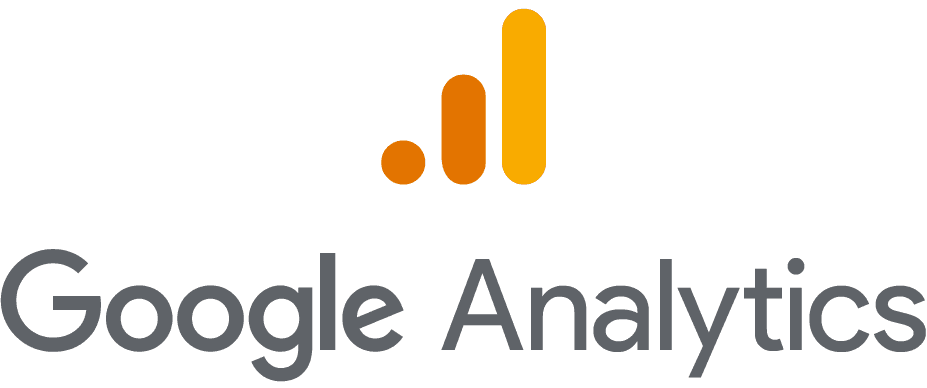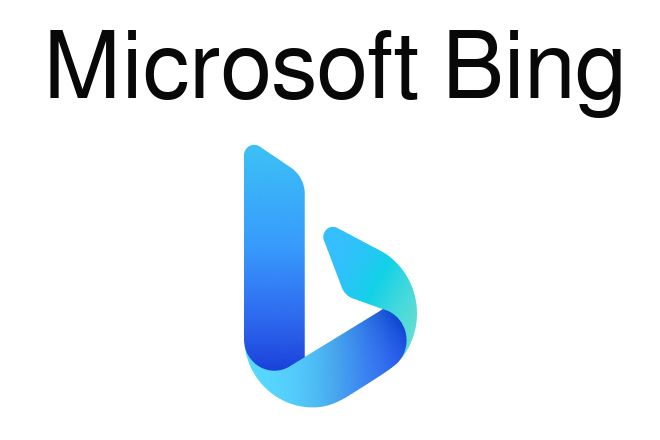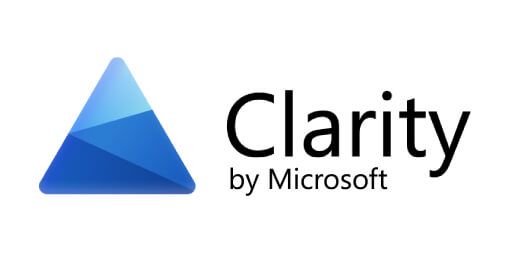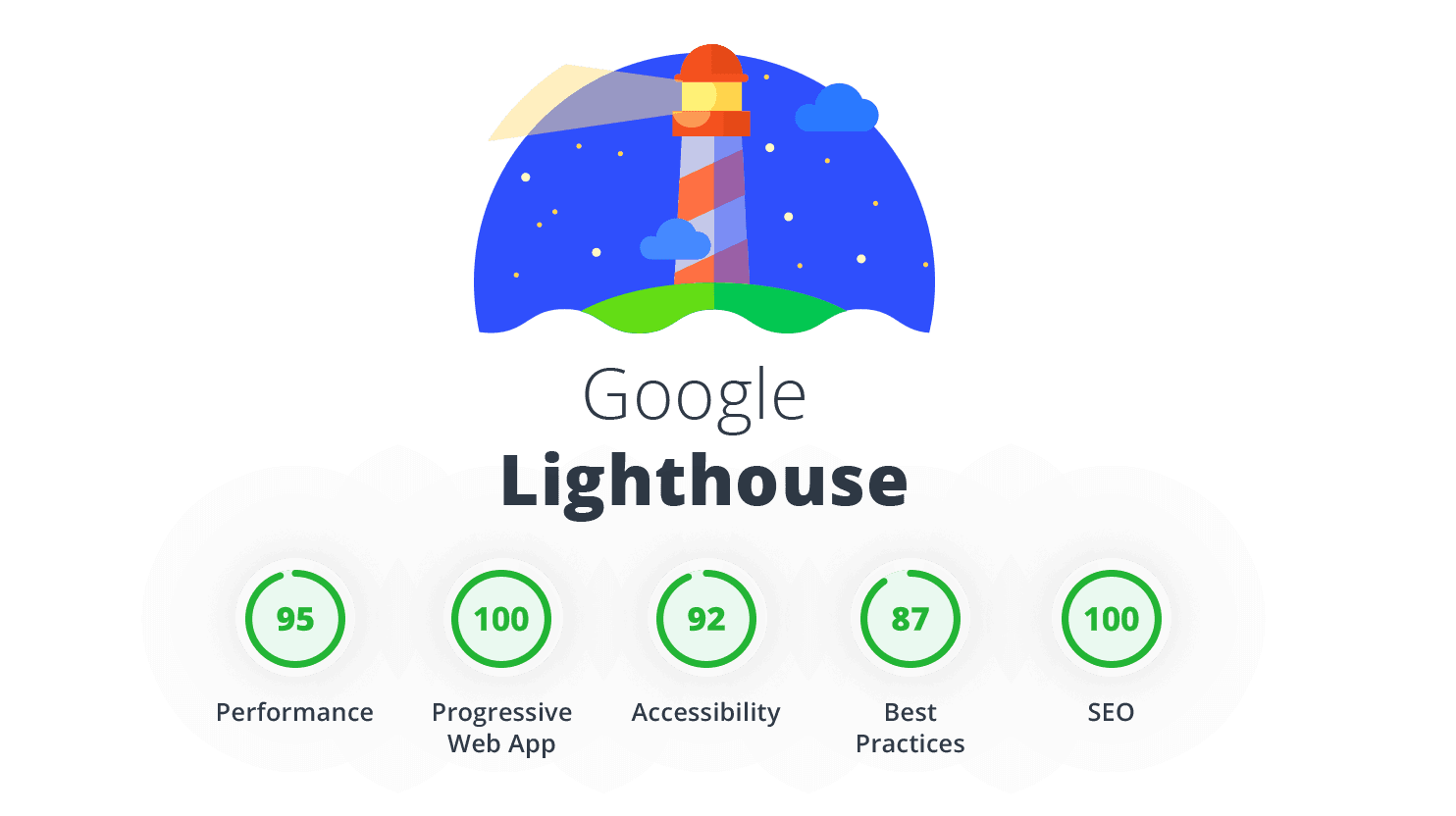
Maximum Growth - Marketing Strategy for the Real Estate Developer
...
Discover 4 key analytics tools that every real estate developer and investor should implement on their site to maximize efficiency and ROI.
Welcome to our digital world, where websites are like business cards, opening the door to the world of any brand online!
For real estate developers, dreaming of not only attracting the eyes, but also the hearts of potential customers, the magic of analytical tools is becoming their best friend.
In today's post, we will take you on a journey through the world of these amazing tools. You'll learn why they're crucial for any real estate developer and investment website, and what secrets they hold to help you better understand your users, deliver the value they're looking for, and keep them coming back for more.
Together, we'll discover which tools are worth adopting into your digital ecosystem to easily collect valuable data and tailor your efforts to your visitors' expectations and needs. Get ready for a dose of knowledge that will illuminate the way you think about development property websites!
Translated with DeepL.com (free version)

Wondering how analytics tools can make your website shine against the competition?
It's easy!
With them, you can delve into the world of data to understand how users are navigating your site.
By analyzing which content is most popular, where the most visitors are coming from, and what obstacles may be waiting for them, you open the door to creating sites that not only attract, but delight. It's a chance to customize your site in a way that makes everyone feel at home there.
And all of this translates into better results for your business.
Order - from the most important tool.

Google Analytics is like a treasure trove for real estate developers - a real box full of data!
It's a tool that every web developer should become friends with. It gives you access to valuable information about how people navigate your site, what interests them most, and what actions result in successful conversions. What's more, Google Analytics allows you to track your goals, which is essential for assessing how well your marketing strategies are doing on the Internet battlefield. It's like having your own online detective who tells you what to do to make your website like a magnet for users. Doesn't that sound like a must-have in every real estate developer's arsenal?

Google Search Console is like a GPS for your website in Google's world - an invaluable companion for any real estate developer and site owner. It's a tool that not only helps you track how your site is performing in search results, but also gives you unique insights into how Google "sees" your site. It is an absolute must-have for SEO masters, as it offers key data for optimizing your online presence.
What makes Google Search Console so cool? Well, it allows you to:
Using Google Search Console is like having a treasure map - it helps identify and fix SEO issues, adjust content strategy, improve SEO and visibility on Google. With this tool, any real estate developer and SEO specialist can maximize their site's potential in the Google ecosystem. It's a tool that we at RendPro can't imagine working effectively on a website without.

Microsoft Bing Webmaster Tools is like a compass for your site in the world of Bing - an indispensable set of tools from Microsoft that helps you track and improve your presence in this search engine. Just as Google Search Console is crucial for Google, Bing Webmaster Tools is your best friend when you want to increase your visibility in Bing search. Why is it so important? Because diversifying your traffic sources is key in the age of digital competition.
Here's what Bing Webmaster Tools has to offer:
How to use these optimization tools? Regularly analyze your site's performance, troubleshoot technical issues, and optimize content and structure for SEO to improve your rankings on Bing. Bing Webmaster Tools are a key part of your marketing strategy, extending your reach to those who prefer Bing. It's like having an extra ace up your sleeve in the online visibility game.

Microsoft Clarity is like a superpower for your website - and it's completely free! Imagine a tool that allows you to look into the heads of your users and see how they really navigate your site. With heat maps, session recordings and feedback surveys, you can discover what attracts your visitors' attention and what repels them.
It's a bit like having access to a secret guide to the thoughts and behaviors of your users. Clarity allows you to not only see where users are clicking, but also how long they are staying on particular page elements. This is crucial if you want to improve conversion paths and make sure your site is as user-friendly as possible.
What's more, Microsoft Clarity is a great alternative to Hotjar, especially if you're looking for ways to identify and fix usability issues. With this tool, you can quickly find out what's working on your site and what needs improvement, without spending a dime.

While analytics tools are like superheroes for understanding user behavior and optimizing your site, an overabundance of these helpers can slow down its superpowers a bit. Each tool is an extra script to load, which can mean that your site starts to run slower, which in turn can adversely affect user experience and search engine positioning.
So how do you strike a balance?
Remember that harmony between data richness and site speed is key to providing the best user experience. By balancing tool usability with site performance, you can enjoy both rich analytical insights and user satisfaction.

Before you embark on your digital adventure with ad campaigns, installing analytics tools is a step that should not be skipped. Think of these tools as a treasure map that will not only show you where the hidden gems are on your site, but also how best to reach the people who will be most interested in your offer. Here's why it's so important:
The bottom line! Analytics tools give you a full picture of where your visitors are already coming from and which parts of your site attract them the most. This knowledge allows you not only to tailor ads to their preferences, but also to make each click more valuable.
More: Google Ads Vs SEO - What to use in Marketing a Real Estate Developer?
With analytical tools, you can set realistic goals for your campaigns and track progress toward them. Do you want to increase sales by 30%? Or improve your blog engagement rate? Without these tools, you'd be like the captain of a ship without a compass.
Before spending even a penny on ads, it's helpful to know how to optimize your site to increase the chances of conversions. Tools such as Google Analytics or Microsoft Clarity can show you which paths users go through and where they might encounter barriers.
Data collected before the campaign launch is like a timer before a race - it shows you what you can afford and what you can improve. With them, you will be able to measure how the campaign has affected traffic and engagement on the site.
It's like managing a household budget - you want to know where your money is going and whether it's paying off. Analytical tools give you insight into which advertising activities are most effective, allowing you to invest wisely for the future.

Using data from analytics tools is like wading through the treasures hidden in your website. The key to success is to continually explore, analyze and use this information to improve your site. It's a process that requires curiosity and a willingness to experiment, but it also brings tangible benefits.
Like a detective looking for clues, you need to study the data you collect to pick out patterns in user behavior. Are there any sites where they spend an unusually long time? Or are there some from which they quickly flee? The answers to these questions may hide the keys to understanding what is working well on your site and what needs improvement.
Don't shy away from negative signals. If tools show that certain elements of your site are not functioning as they should - sections with high rejection rates, for example - that's a signal to act. Analyzing such problems will allow you to make the necessary changes that can significantly improve the user experience.
The Internet world loves testing. Don't be afraid to experiment with different versions of your site to see which solutions work best for your users. Does changing the page layout improve navigation? Does adding more information in sections that users pay attention to increase engagement? A/B testing can be an invaluable tool here.
Don't forget about positive data, too. If analytics show that certain elements of the site are getting a lot of attention, take advantage of it. This may be the perfect time to expand those sections or use similar solutions elsewhere on your site.
Remember that using analytics tools is an ongoing process. The world of the Internet is changing rapidly, and so are user expectations. Regular monitoring, analysis and optimization is the best way to maintain and increase engagement and conversions on your site.
In summary, data from analytics tools is a powerful source of knowledge about your site and its users. Use them wisely, and they will allow you to not only identify and solve problems, but also leverage your site's strengths for further growth and success.
Analytics tools help monitor website traffic, analyze user behavior, and measure the effectiveness of marketing campaigns. They enable content and functionality optimization, leading to better visitor engagement and higher conversion rates.
Google Analytics is one of the most popular tools for tracking website traffic. It allows developers to monitor traffic sources, user behavior, top-visited pages, and ad campaign performance. This data helps refine marketing strategies and improve user experience.
Google Search Console helps track website visibility in search results, detect indexing errors, and analyze the keywords driving traffic. This enables SEO optimization, increasing organic visits.
Microsoft Clarity is a free analytics tool that records user sessions and generates heatmaps. It shows where visitors click, how they scroll, and when they leave the website. This helps identify UX issues and improve conversion rates.
CRM (Customer Relationship Management) is a system for managing client relationships. It tracks interactions with potential buyers, manages inquiries, and automates sales and marketing processes. Developers can improve communication and boost property sales efficiency.
Basic tools like Google Analytics, Google Search Console, and Microsoft Clarity are free. More advanced solutions, such as CRM systems, may have costs, but the investment often pays off through better marketing optimization.
Data should be monitored regularly—weekly or monthly—to identify trends and adjust marketing strategies in real-time.
SEO and digital marketing agencies specialize in implementing analytics tools and optimizing websites. Working with experts ensures effective use of collected data.
Book a free consultation.
Sign up now for our free RendProletter and receive 1 email every week with a short summary of the best posts from our blog and emails with unique offers you won't find anywhere else!